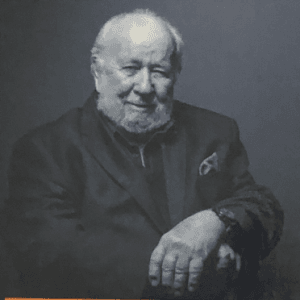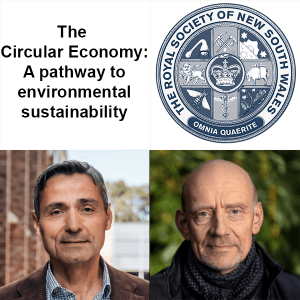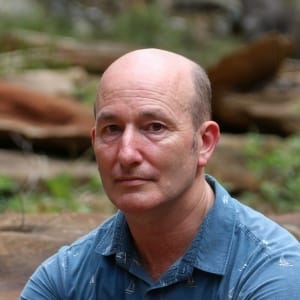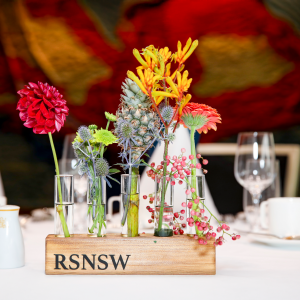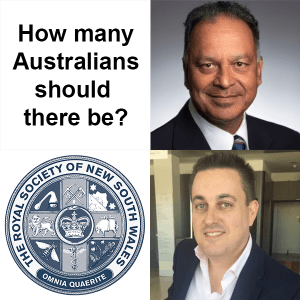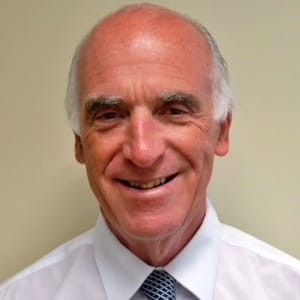
 “Secrets of Ageing with Resilience”
“Secrets of Ageing with Resilience”
Scientia Professor Gordon Parker AO FASSA FAHMS
Professor of Psychiatry
UNSW Sydney
Date: Thursday, 19 September, 6.30 pm AEST
Venue: RSL Mittagong, Carrington Room
All are welcome
Secrets of Ageing with Resilience
“If you’re going through hell, keep going.” – Winston Churchill
“Old age is not for sissies.” – Kathryn Hepburn
In our older years, our resilience is tested by the markers of ageing. We each can perform an ‘organ recital’ of medical problems (arthritis, sciatica, visual limitations). Our medical chart takes as many pages as our CV once did, and social hardships – the loss of our partner and loneliness cluster about. Our previous life-defining roles have disappeared. We chant a litany of “I used to…” observations. And gradually our independence, and commonly our dignity begins to erode. To struggle against such stressors is part of the human condition. Psychologist, Erik Erikson termed older age as a stage marked either by integrity, where people age with grace; or despair, where the focus is on the losses and the burden of regret.
The word resilience comes from the Latin re-silere (“to spring back”). Resilience is viewed as an individual’s ability to bend but not break. As someone observed, it should be like a watch in that it is “able to take a licking and keep on ticking.” It is thought to have genetic underpinnings but there is a complex interaction with personality traits and environment that fashions the robust outlook that is characteristic. The resilient individual, in current definitions, is described as having a positive sense of themselves, an ability to confront adversity and the capacity to find hope and meaning in life. With resilience comes strength and action; without it comes weakness and victimhood. Resilient people face realities with vigour, make meaning of hardship and improvise solutions. They more readily tap into hope, are more optimistic and eschew negativity. Even when under pressure, they are distinguished by a continuing curiosity about life’s events and changes. A key marker is that they “keep moving forward.”
Gordon Parker AO is a Scientia Professor of Psychiatry at UNSW and was the Founder of the Black Dog Institute and its initial Executive Director, the Head of the School of Psychiatry at UNSW, Director of the Division of Psychiatry at Prince of Wales Hospital, and Area Director of Psychiatry in the South-Eastern area. His positions with the Royal Australian & New Zealand College of Psychiatrists include serving as Editor of its Journal and initiating its Quality Assurance Committee. Positions with legal organisations include the NSW Guardianship Board and the NSW Administrative Appeals Tribunal.
In 2004 he received a Citation Laureate as the Australian Scientist most highly cited in ‘Psychiatry/Psychology’. In 2018 he received the prestigious James Cook Medal from the Royal Society of New South Wales and was a finalist for the NSW Senior Australian of the Year. He was the recipient of the 2020 Australian Mental Health Prize. His research and clinical practice have focussed on mood disorders. His 25th book on a radical new therapy for bipolar disorder will be published in May 2025.
| Royal Society of New South Wales | |
| Date: | Thursday, 19 September 2024, 06:30 PM |
| Venue: | RSL Mittagong, Carrington Room |
| Entry: | No Charge |
In Person Event
All are Welcome


